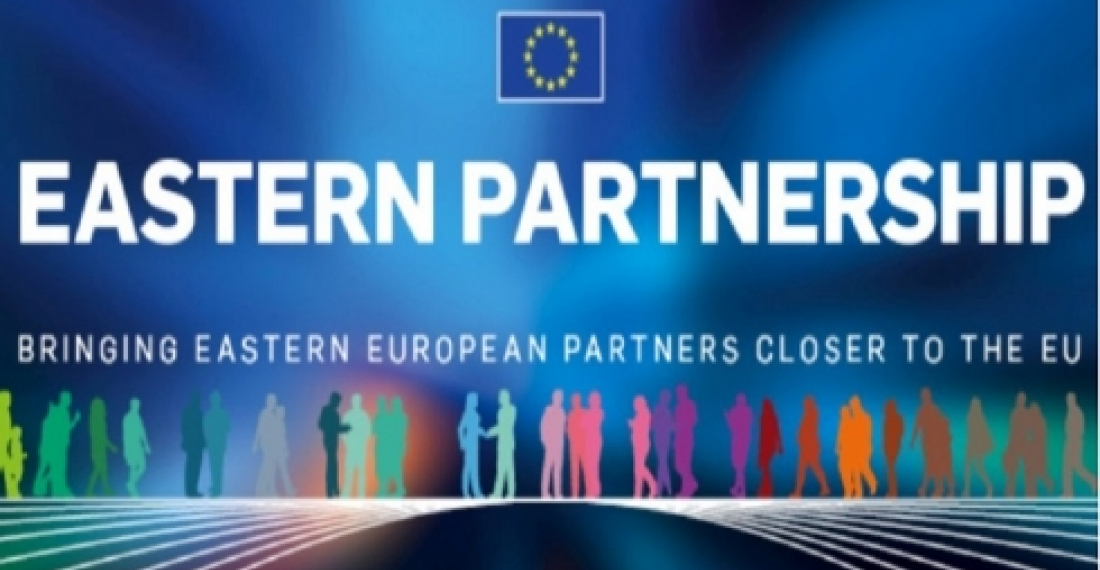When leaders from the twenty eight member states of the European Union and the six Eastern Partnership countries meet in Vilnius on Thursday they will not be the only meeting in town. The 3rd Eastern Partnership Summit in the Lithuanian capital also involves meetings of NGO activists, business leaders, parliamentarians and others. The Eastern Partnership is more than just about governments. It is a process that aims to involve societies in a process that brings the EU and its eastern neighbours closer together.
Particular importance is being given to a civil society conference that will open on Wednesday,The event will bring together civil society leaders from the Eastern Partnership countries and the European Union, key experts from regional and transatlantic non-governmental organisations, think-tanks, international aid agencies and political foundations, as well as distinguished political figures and public activists. The conference participants will focus on the main challenges faced by civil society in the Eastern Partnership countries, and ways to support it through increasing its operational capacity and enhancing civil society's participation in the decision making processes.
Conference participants will also discuss the Eastern Partnership strategy beyond Vilnius, and the role of civil society in supporting the implementation of the future Association Agreements, including DCFTAs.
Since the Vilnius summit has to some extent been overshadowed by the last-minute decisions of Armenia and Ukraine not to sign the Association Agreements with the EU many are keen to hear what civil society activists have to say about the decisions of their governments.
Another event taking place this week is the second Eastern Partnership Business Forum. The first Forum took place in Sopot (Poland), on 30 September, 2011, on the eve of the Warsaw Summit. This initiative was positively evaluated by the business communities of the European Union and the Eastern Partnership countries, so it was decided to continue cooperation in such a format. Such events help to establish new contacts, share experiences, discuss investment opportunities in partner countries and jointly implement specific Eastern Partnership projects.
Vilnius will also bring together parliamentarians. Eastern Partnership issues, democratic development and lessons learned will be discussed at an event of the Lithuanian Presidency of the Council of the EU. On 27-28 November 2013, the Seimas (Lithuanian Parliament) will host a Meeting of the Chairpersons of the Committees on Foreign Affairs of Parliaments of the European Union and the Parliamentary Forum for Democracy entitled "Parliaments for democracy: towards more ambitious global cooperation".
The Meeting will be attended by parliamentary representatives from EU Member States, candidate countries, the European Parliament, representatives from the Eastern Partnership countries and members of the Parliamentary Forum for Democracy. Chairpersons of the Committees on Foreign Affairs from EU Eastern Partnership countries and distinguished European and global human rights' advocates will deliver their speeches and take part in the debate. The state of play of the EU Eastern Partnership on the eve of the Vilnius Summit and lessons learned from democracies in transition will be among the topics of the Meeting.
The Eastern Partnership and its third summit in Vilnius is not just about governments. It is first and foremost about people and the presence of different elements of society in meetings on the margins of the Heads of State summit emphasises this important dimension.
source: commonspace.eu with the website of the Lithuanian Presidency of the European Union.







